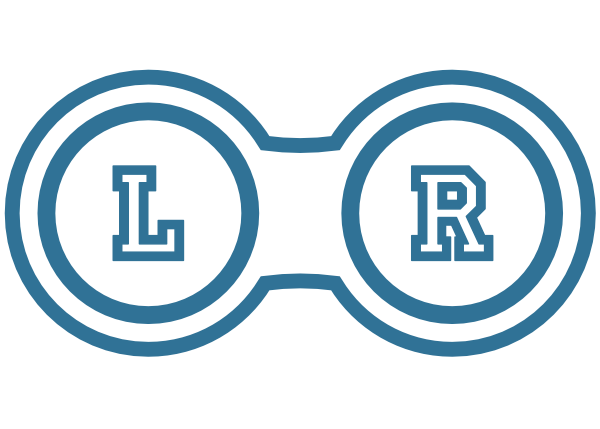- Amblyopia (Lazy Eye)
Commonly called "lazy eye", amblyopia can be treated successfully if detected early enough in childhood. - Astigmatism
Often mistakenly called “stigmatism,” this common vision problem can be corrected with eyeglasses, contact lenses or refractive surgery. - Blepharitis
Red, swollen eyelids and crusty debris at the base of your eyelashes are signs you may have blepharitis. - CMV Retinitis
AIDS or other diseases that affect your immune system can increase your risk of serious eye problems from cytomegalovirus (CMV) infection. - Corneal Transplant
People with serious vision problems from an eye injury or disease affecting the front surface of the eye can often regain vision with a cornea transplant. - Dry Eye Syndrome
Dry eye syndrome is a common condition, especially in women over age 40. Many treatment options are available. - Eye Allergies
Are you bothered by red, itchy eyes? You may have allergies. - Eye Floaters and Spots
“Floaters” are usually normal and harmless. But if you notice a sudden increase in floaters or floaters accompanied by flashes of light, see your eye doctor immediately. - Farsighted (Hyperopia)
Also called farsightedness, hyperopia is a common vision problem that can cause headaches, eyestrain and trouble reading. - Keratoconus
This eye disease causes the cornea to grow thinner and bulge forward in an irregular cone-shape. Treatment options range from gas permeable contact lenses to a cornea transplant. - Low Vision
Low vision is the term used to describe reduced eyesight that cannot be fully corrected with eyeglasses, contact lenses or eye surgery. The primary causes of low vision are eye diseases, but low vision also can be inherited or caused by an eye or brain injury. - Nearsighted (Myopia)
Also called nearsightedness, myopia is a very common vision problem, affecting up to one-third of the U.S. population. - Ocular Hypertension
You’ve heard of high blood pressure, but what about high eye pressure? - Photophobia
If you have light sensitive eyes, you might be experiencing photophobia. - Pingueculae & Pterygia
Pingueculae and pterygia are funny-looking words for growths on the surface of your eye. - Pink Eye (Conjunctivitis)
This acute and contagious form of conjunctivitis is particularly common among preschoolers and school-age children. - Presbyopia
Are you over age 40 and starting to hold reading material at arm’s length to see it clearly? You probably have presbyopia. - Ptosis
Ptosis is a drooping eyelid. Surgery is usually required to correct this problem. - Retinal Detachment
A detached retina is a medical emergency. Learn the warning signs of a retinal detachment and what you can do to avoid permanent vision loss. - Retinitis Pigmentosa
These inherited disorders, commonly abbreviated as RP, cause progressive peripheral vision loss, night blindness and central vision loss. - Styes
This common problem is simply an infected lid gland. Learn how to prevent and treat styes. - Uveitis
This inflammatory eye disease can cause permanent vision loss if not promptly treated.
The following is a list of common eye conditions. For information about cataracts, glaucoma, macular degeneration and diabetic retinopathy please see Eye Diseases.






